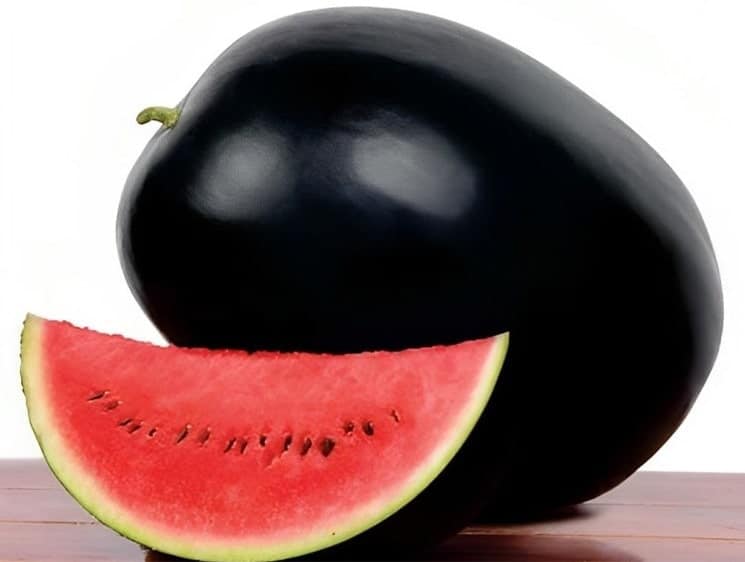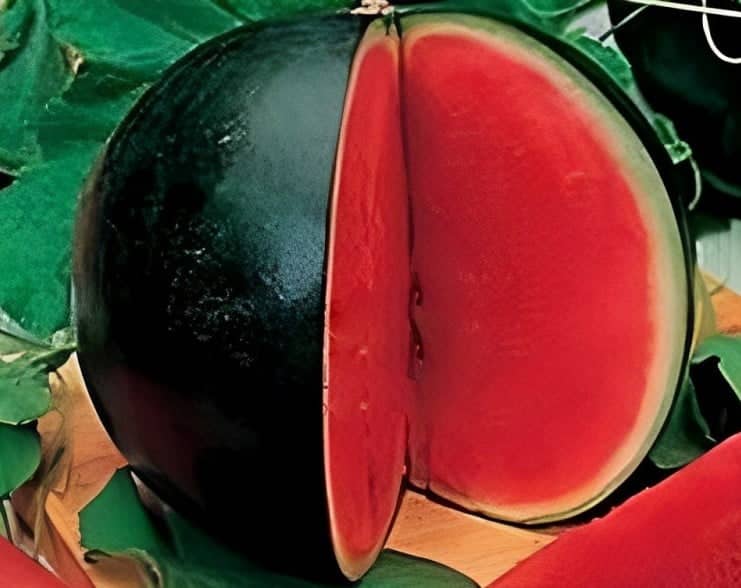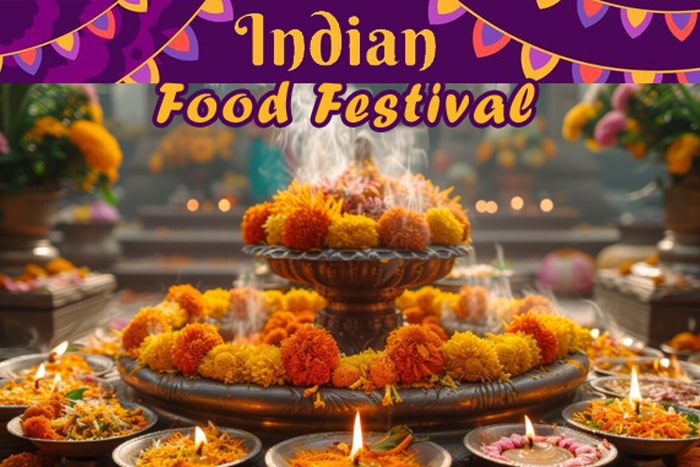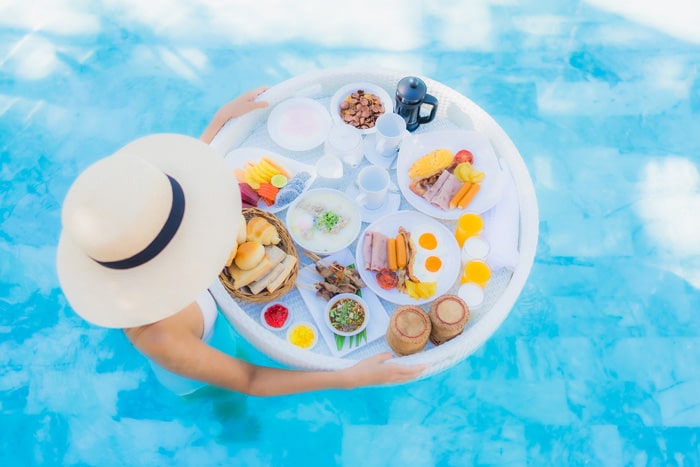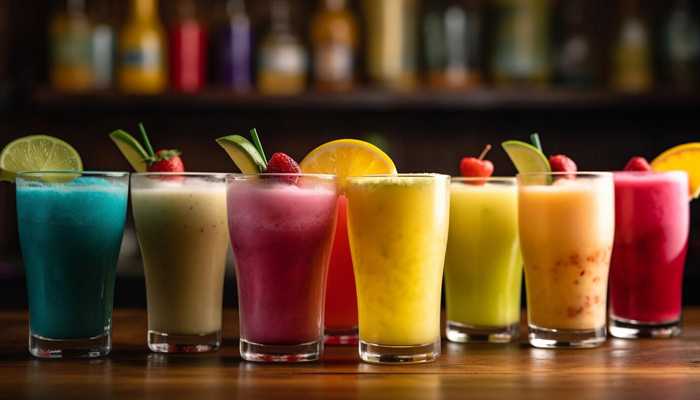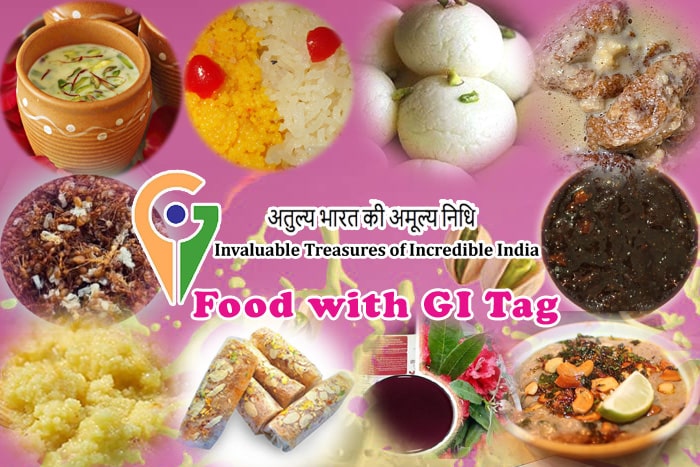Intro:
Did you know that Densuke Watermelon is considered to be the most expensive watermelon in the world? It usually costs around ₹2–3 lakh per piece. The highest auction price for one piece was ₹8 lakh. It is also known as “Toma Densuke.”. The Japanese word “densuke” means “lightning bolt.”.
When it comes to summer fruits, few can rival the mere deliciousness and uniqueness of the Densuke watermelon. This rare and exquisite fruit is a true marvel of nature, boasting not only exceptional taste but also a striking appearance.
In this article, we will explore the origin, characteristics, cultivation, and some mouthwatering recipes of the exquisite Densuke Watermelon. So grab a slice, sit back, and let’s explore the wonderful world of Densuke watermelon.
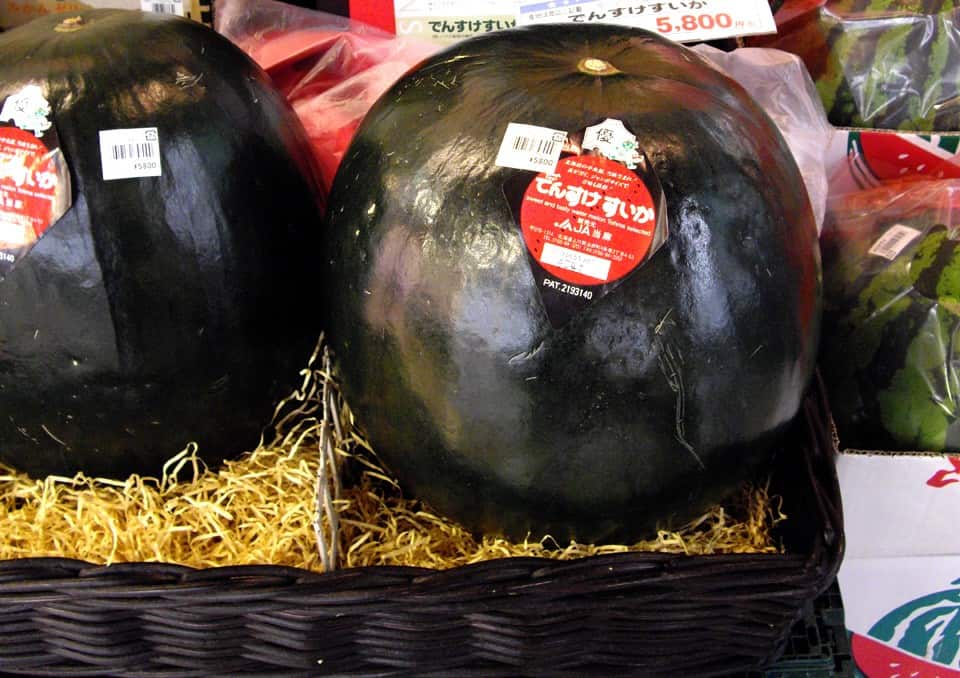
Densuke Watermelon an Overview:
Nowadays, almost every fruit is easily available at a fair price. But there are some fruits that will make you think twice before buying them, and they are very rare and expensive. For example, ‘Miyazaki’ mangoes cost more than 2 lakh per kg. Similarly, ‘Densuke’ watermelon is sold at around 2–3 lakh per kg.
This watermelon was first cultivated in 2008, and a piece of it was sold at auction for $6100. The watermelon weighed 17 pounds, i.e., 7.71 kg. In 2014, 1 piece of Densuke sold for around 5 lakh in Indian currency. And in 2019, at 8 lakh.
For which there has been a lot of discussion about this watermelon for the last few years. So, today in this article, we will tell you about this unique variety of watermelon, the reason why it costs so much, and some of its health benefits.
What Is a Densuke Watermelon?
Before we dive into the details, let’s start with the basics. What exactly is a Densuke watermelon?
The Origin Story-
The Densuke watermelon hails from the island of Hokkaido, Japan. This pristine northern island, with its volcanic soil and unique climate, provides the ideal conditions for cultivating this extraordinary fruit. The story of its origin is shrouded in mystery and conspiracy, which makes it more captivating to the world.
Appearance: Nature's Work of Art
One of the most distinguishing features of a Densuke watermelon is its appearance. Unlike the traditional green-skinned watermelons, the Densuke variety boasts a jet-black rind, which can sometimes be slightly streaked with light-green stripes. This stark contrast makes it stand out like a precious gem in the world of fruits.
Exceptional Sweetness
But it’s not just the looks that make Densuke watermelons special. It’s their exceptional sweetness that truly sets them apart. With a sugar content that often exceeds 15 brix (a unit of sugar concentration), these watermelons are incredibly sweet and juicy, making them a true summer delight.
The Rarity Factor
Part of the appeal of Densuke watermelons is their rarity. These fruits are not mass-produced like their more common counterparts. In fact, only a limited number of Densuke watermelons are grown each year, which makes them highly sought-after and longed-for around the world.
Cultivation and Challenges
Hokkaido’s Unique Environment: As mentioned earlier, Hokkaido’s volcanic soil and distinct climate play a crucial role in Densuke watermelon cultivation. The rich, well-drained soil, coupled with the island’s cool summer nights, creates the perfect conditions for these melons to thrive.
Handcrafted Care: Another unique aspect of Densuke watermelon cultivation is the meticulous care they receive. Farmers pay close attention to every detail, from pollination to harvesting, ensuring that each melon reaches its full potential in terms of size and flavor.
The Battle Against Pests: Cultivating Densuke Watermelons also comes with its fair share of challenges. Farmers must protect these precious fruits from pests and diseases, employing natural methods whenever possible, to maintain the integrity of their organic farming practices.
Why is Densuke Watermelon so expensive?
Densuke watermelon is a rare and expensive variety of watermelon grown only on the northern island of Hokkaido in Japan. It has a unique black exterior and a unique sweet, pinkish, luscious interior. A few reasons why Densuk is so expensive are:
1. Scarcity-
Scarcity makes a thing valuable. The scarcity of Densuke watermelon makes it highly sought-after and expensive. A small number of seeds are available for planting each year. Farmers are able to collect the best-quality seeds through hard work. Only a limited number of Densuke watermelons are produced each season due to the limited number of seeds. Additionally, the small number of skilled workers required to nurture them also makes them valuable. That is why sometimes the price of Densuk Watermelon goes up to 5 lakhs or more.
2. Special environment and essential ingredients-
Densuke develops under special climatic conditions in Japan. This prized fruit is carefully developed using modern greenhouse technology at controlled temperatures with moderate amounts of water and other ingredients. It requires a special organic fertilizer, a special type of soil with volcanic ash, and a special type of climate to produce it.
3. Unique taste-
According to the few lucky people in the world who have been lucky enough to taste its unique taste, its taste is much more delicious than other watermelons, and its juice content is much higher. This watermelon has few seeds, and the flavor of this watermelon is quite unique. And for this unique taste, it is valued the most.
4. Processing-
All the processes, from watermelon cultivation to packaging and marketing, are done with the latest computerized robotic technology. It has the artistic touch of many people. The polishing and signing process is done in tandem with man and machine. Densuke’s weight, nutritional value and quality are detected from the outside by advanced sensing technology and Ray. Only when all the quality check processes are done properly does Densuke get premium quality status and premium value.
5. Gifts and Japanese Culture-
Gift exchange is a universal favorite culture in all countries of the world that has been going on for ages. As almost all of us like to receive gifts, if we can give a nice gift to the people we like, our hearts will also become beautiful. A special kind of favor works in gift transactions. The feeling is often indescribable.
Gifts are an integral part of Japanese culture. The Japanese exchange gifts on any occasion. From weddings, engagements, birthdays, promotions, encouragement for studies, good results and even after a few days of casual meetings, they exchange gifts.
They have also introduced two special festivals each year to exchange gifts. “Ochugen” in summer and “Oseibo” in winter. Not giving gifts during this time is frowned upon in Japanese culture.
There are many customs to follow during gift transactions. For example, exchanging gifts with both hands. Well packed, that gift. Not open to everyone. Don’t give gifts in odd numbers. Not giving gifts to anyone among all, etc. Violation of these customs is frowned upon.
And the most important thing about which so much is said is that all the gifts exchanged during these festivals are related to food and drink. Expensive fruits are included in the food, and alcohol is included in the drinks.
6. Symbol of Luxury & Aristocracy-
After all, this is why there is so much demand for fruits in Japan. Any kind of good fruit is auctioned in Japan, where the super-rich people of Japan get together, and their fight for ego makes the price of these quality fruits highly expensive. As seen many times, celebrities’ underwear fetches millions of dollars at auctions.
Densuke, Yubari King Melon, Miyazaki Mango, and Ruby Roman Grapes are priced higher for this reason. Which made them beyond the reach of common people. These are status symbols of Japanese culture, representing luxury & aristocracy.

Health Benefits:
But there is no denying that Densuke watermelon is a unique variety of watermelon. Compared to other varieties, this watermelon contains a lot of juice (about 94%) and is sweet and very tasty. Its black skin, sweet taste and crunchy texture easily attract attention and arouse appetite. Again, this rare fruit has several health benefits. Such as-
1. Great source of Minerals and Antioxidants –
In addition to Densuke’s unique shiny skin, black, crunchy appearance and exceptional taste, Densuke watermelon is rich in many vitamins and minerals essential for good health. It is a good source of vitamins A and C, the mineral potassium and the antioxidant lycopene. Lycopene and vitamin A reduce body temperature. Studies have shown that Densuke watermelon helps reduce inflammation, improve digestion, and boost immunity.
2. Protecting Eyes and Teeth-
Vitamin A plays a major role in maintaining good eyesight, and Vitamin C prevents dental scurvy and boosts the body’s immune system.
3. Maintains Good Blood Circulation-
Just as sodium maintains the balance of blood and other solutes outside the cell, potassium plays a special role in maintaining the balance of blood and other solutes inside the cell.
4. Prevents Cancer-
Lycopene is a type of anti-oxidant. The concentration and effectiveness of antioxidants in Densuke watermelon are much higher than those in ordinary watermelon. And almost all of us know that antioxidants destroy cancer cells, playing an active role in cancer prevention. Also, this watermelon is considered best for avoiding skin infections.
5. Provides Instant Energy-
Consuming this watermelon provides various benefits to your body. It is especially helpful in providing instant energy. It helps a lot in reducing dehydration, especially during the summer. Compared to other watermelons, this fruit contains more nutrients like iron, zinc, copper and potassium. These are essential micro- and macro-elements for the body, which help enhance its performance.
Taste the Flavor:
Now that we’ve explored the characteristics, cultivation, and health benefits of Densuke watermelons, it’s time to talk about the most curious part: how does Densuke watermelon taste?
Enjoying Densuke Watermelons: When it comes to savoring the flavor of a Densuke watermelon, simplicity is key. Slicing it into thick, juicy wedges and enjoying it as a refreshing snack on a hot summer day is an experience you never forget. The burst of sweetness with each bite is simply heavenly.
If you’re feeling a bit more adventurous, there are several creative ways to incorporate Densuke watermelon into your recipe. Here are a few ideas:
Densuke Watermelon Salad: Combine bite-sized chunks of Densuke watermelon with fresh mint leaves, crumbled feta cheese, and a drizzle of grilled ice for a delightful summer salad.

Densuke Watermelon Sorbet: Blend Densuke watermelon chunks with a touch of lime juice and honey, then freeze the mixture for a homemade sorbet that’s both refreshing and guilt-free.

Conclusion:
Densuke watermelon, as a refreshing summer treat, is really exceptional. This rare gem from the mine of fruits has left an impact on every fruit lover around the world. Its appearance is very attractive, its sweetness is unmatched, and this melon is a wonder from the kingdom of fruit. It is a fruitful outcome of the intense labor and utmost dedication of the skilled farmers. It is a delightful gift from our Lord, nurtured by nature.
Whether you enjoy them in their pure, juicy glory on a scorching summer day or get creative with recipes, Densuke watermelons deliver a unique and memorable experience. So, this summer, don’t miss the chance to savor the extraordinary flavor of Densuke watermelons—it’s a taste you won’t soon forget!
FAQs (Frequently Asked Questions):
Densuke watermelons can sometimes be found in specialty fruit markets and as they are quite rare, you may need to do some searching, particularly in Japan.
The unique black color of Densuke watermelons is a result of a rare genetic mutation and the soil condition of its native place.
Many Densuke watermelon farmers practice organic farming methods.
Look for a uniform black color and a slightly hollow sound when you tap it. The rind should also be hard and shiny.
Though it’s possible to grow them in certain conditions, Densuke watermelons flourish in the unique environment of Hokkaido, Japan. Hence, It is challenging to cultivate them elsewhere.

